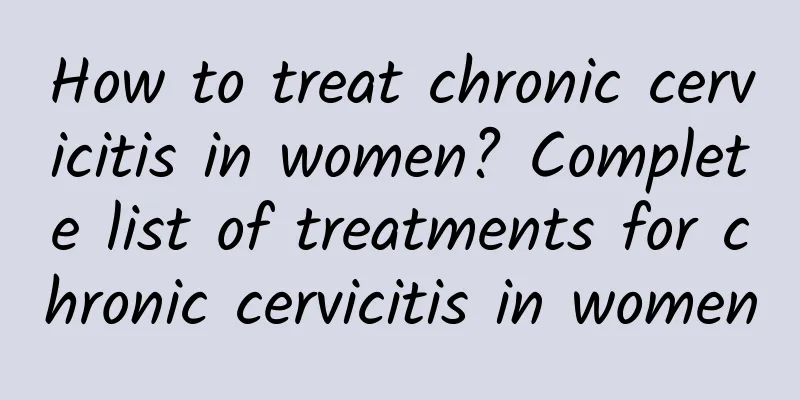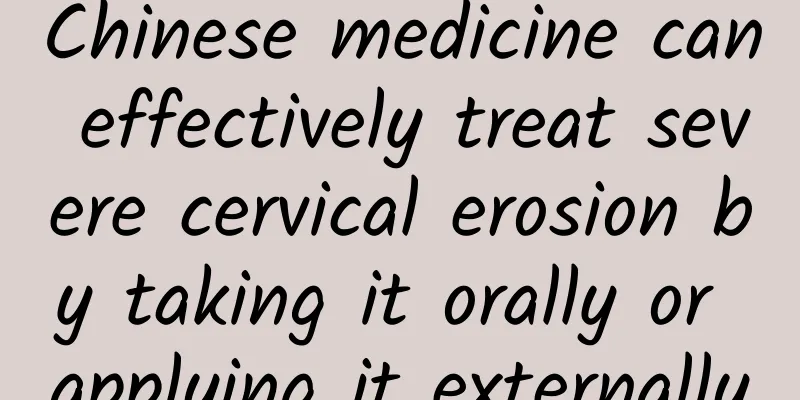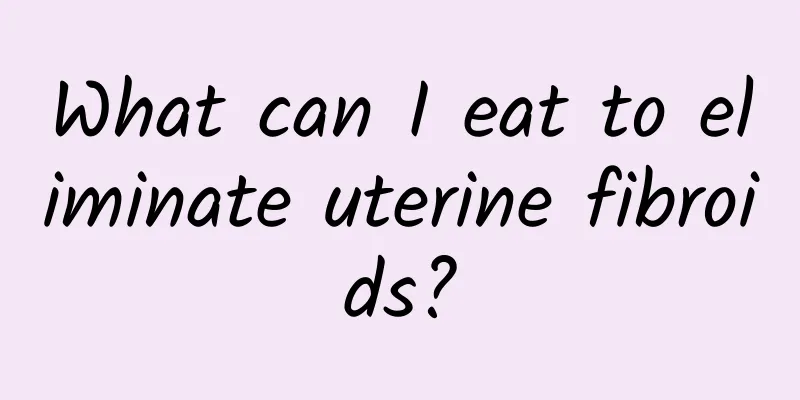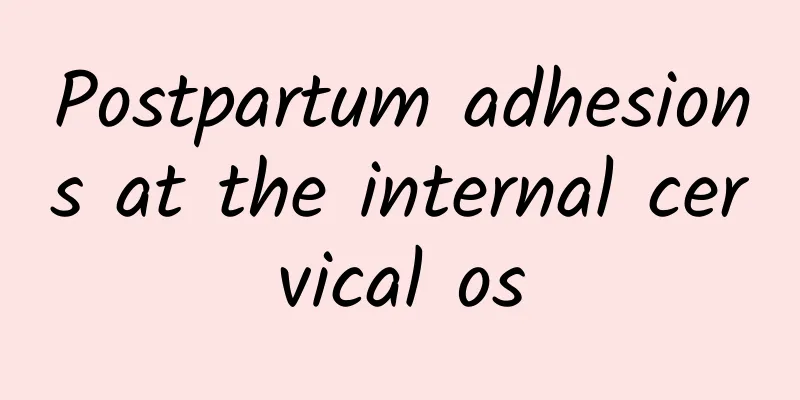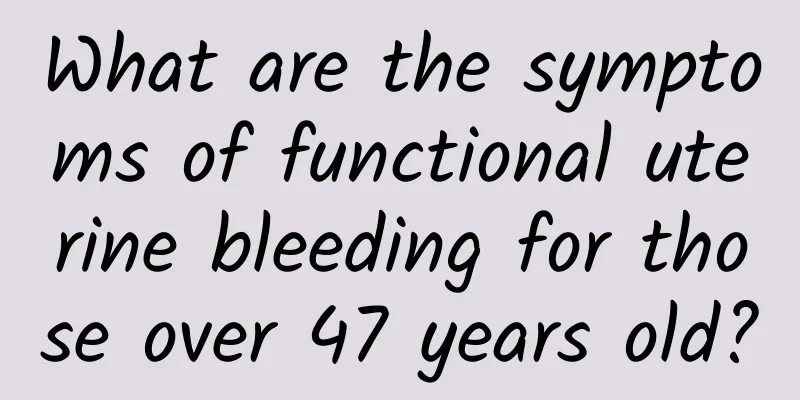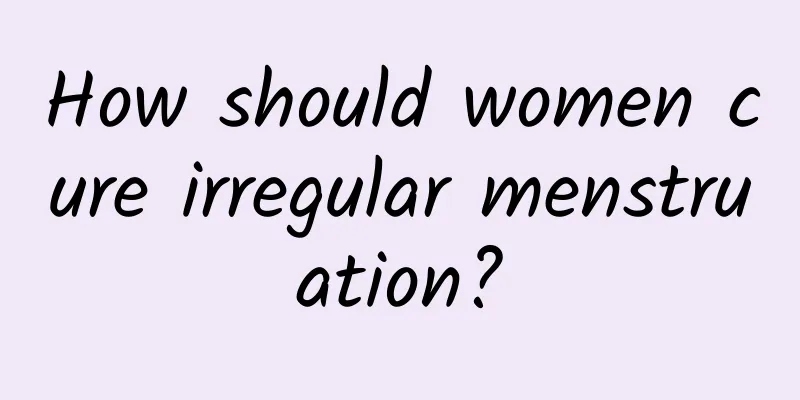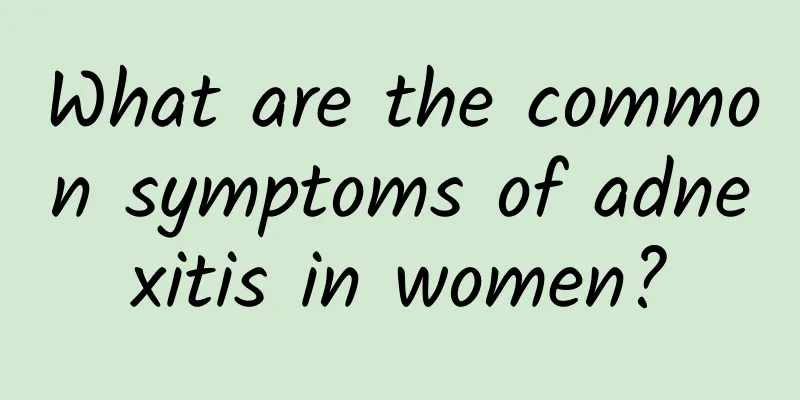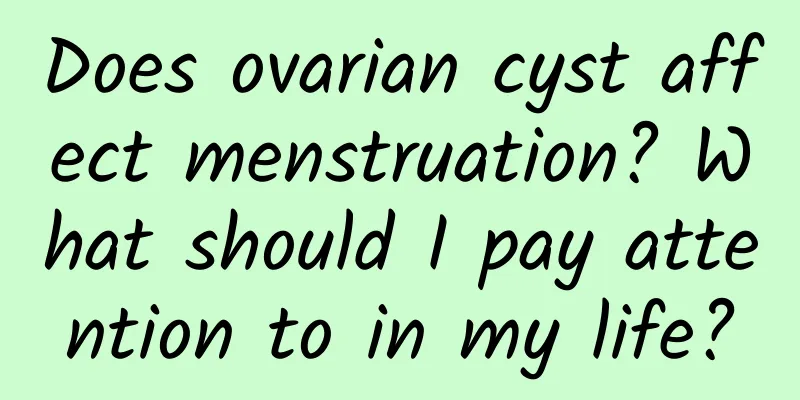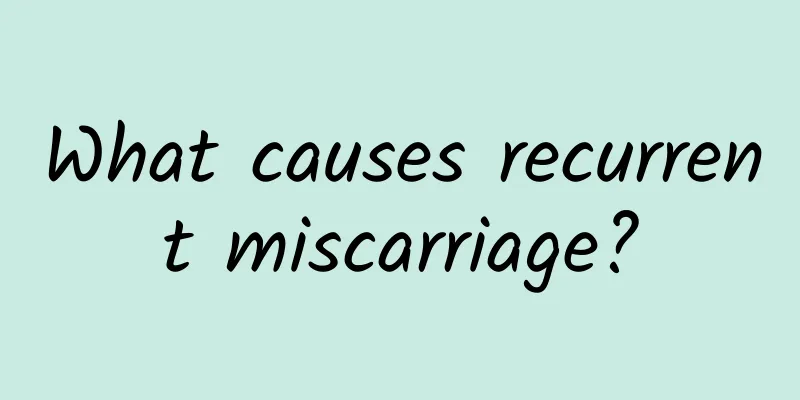How to treat uterine fibroids best
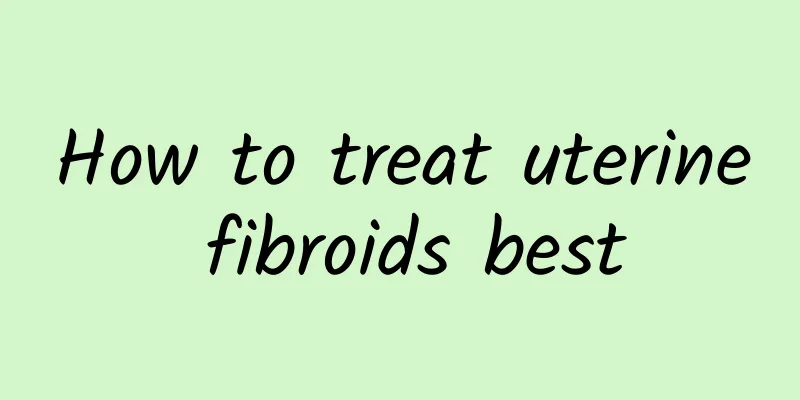
|
What is the best way to treat uterine fibroids? Treatment should be considered comprehensively based on the patient's age, symptoms and fertility requirements, as well as the type, size and number of fibroids. 1. Observation: Asymptomatic fibroids generally do not require treatment, especially in women near menopause. After menopause, fibroids often shrink and symptoms disappear. Follow-up every 3-6 months, and further treatment may be considered if symptoms occur. 2. Drug treatment is suitable for those with mild symptoms, those who are close to menopause or whose general condition is not suitable for surgery. 1 Gonadotropin-releasing hormone analogs: high-dose continuous or long-term non-pulse administration can inhibit FSH and LH secretion, reduce estrogen to postmenopausal levels, relieve symptoms and inhibit the growth of fibroids to shrink them, but they gradually increase again after stopping the drug. The drug can cause menopausal syndrome, and long-term use can cause side effects such as osteoporosis, so long-term use is not recommended. Indications for use: ① Reduce fibroids to facilitate pregnancy; ② Preoperative medication to control symptoms and correct anemia; ③ Preoperative medication to reduce fibroids, reduce the difficulty of surgery, or make vaginal or laparoscopic surgery possible; ④ For near-menopausal women, transition to natural menopause in advance to avoid surgery. Long-acting preparations are generally used once a month. 2 Other drugs: Mifepristone, 10 mg orally per day, can be used as preoperative medication or for early menopause. However, it is not suitable for long-term use because after it antagonizes progesterone, the endometrium is stimulated by estrogen for a long time, increasing the risk of endometrial lesions. 3. Surgical treatment Indications for surgery: ① Excessive menstruation due to fibroids, leading to secondary anemia; ② Severe abdominal pain, dyspareunia or chronic abdominal pain, acute abdominal pain caused by torsion of pedunculated fibroids; ③ Large fibroids compress the bladder, rectum, etc., causing corresponding symptoms; ④ Infertility or repeated miscarriages due to fibroids; ⑤ Suspected sarcoma. |
>>: Causes of pelvic inflammatory disease
Recommend
More than half of middle and high school students are addicted to sweet drinks and drink them more than 4 days a week
The habit of craving for sweet drinks is very com...
How long after an abortion can I wash my hair? How long after an abortion can I take a shower?
When can I wash my hair after an abortion? This i...
Why does my lower back feel sore before my period?
Why does my lower back feel sore before my period...
Does a right ovarian cyst hurt? What are the clinical hazards?
Does a right ovarian cyst hurt? What are the clin...
Congenital absence of vagina care routine
There are many factors that affect female inferti...
Talk about bacterial vaginosis
Vaginal infection caused by bacteria is called no...
What are the hazards of mild cervical erosion? Mild cervical erosion has three major hazards to women.
Cervical erosion has become one of the common cer...
How much does it cost to treat Bartholinitis?
I believe that Bartholinitis is not unfamiliar to...
What to eat for threatened miscarriage?
I found that many patients asked about the dietar...
How to deal with the recurrence of vulvar itching in women
How to effectively prevent the recurrence of vulv...
Is the ketogenic diet suitable for you? Medical doctor reveals: 7 advantages and disadvantages of ketogenic diet
"If you eat the wrong things, you will get s...
When can patients with vulvar leukoplakia undergo surgery?
The cause of vulvar leukoplakia is not yet clear,...
Will wearing braces make you thinner? 5 dietary tips to avoid obesity
Will I lose weight if I wear braces? This is a qu...
What are the dangers of cervical hypertrophy that female friends should pay attention to?
Simple cervical hypertrophy will not affect a wom...
What are the symptoms of cervical erosion? Women with cervical erosion will have three symptoms
Cervical erosion is a common gynecological diseas...
